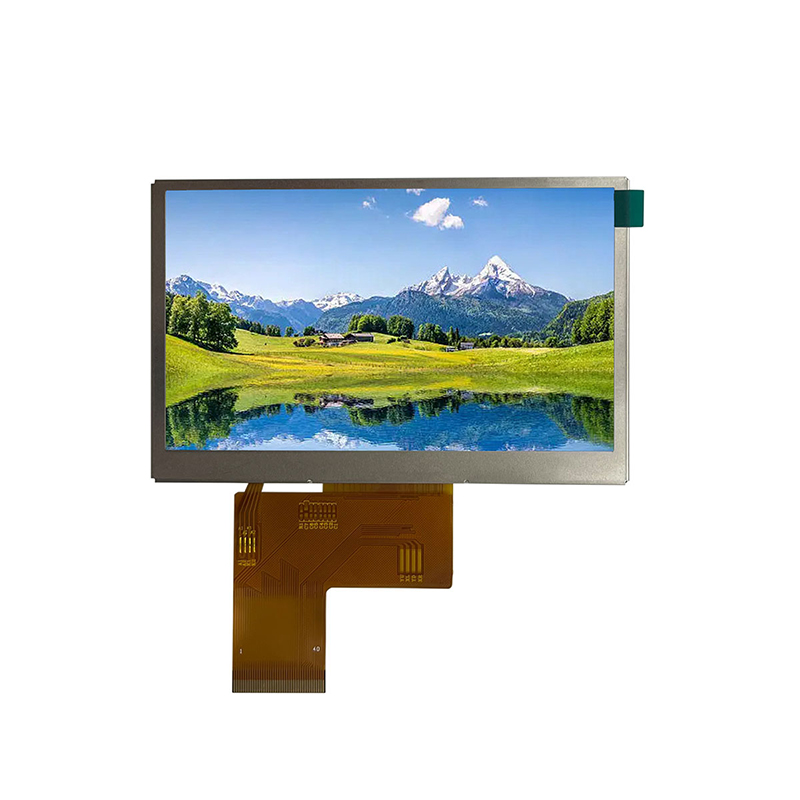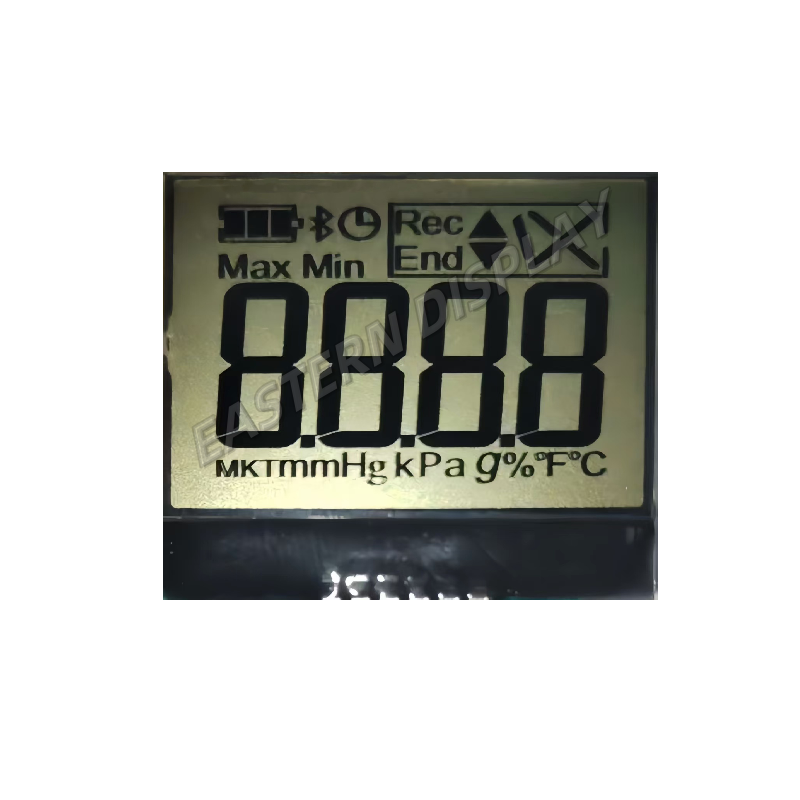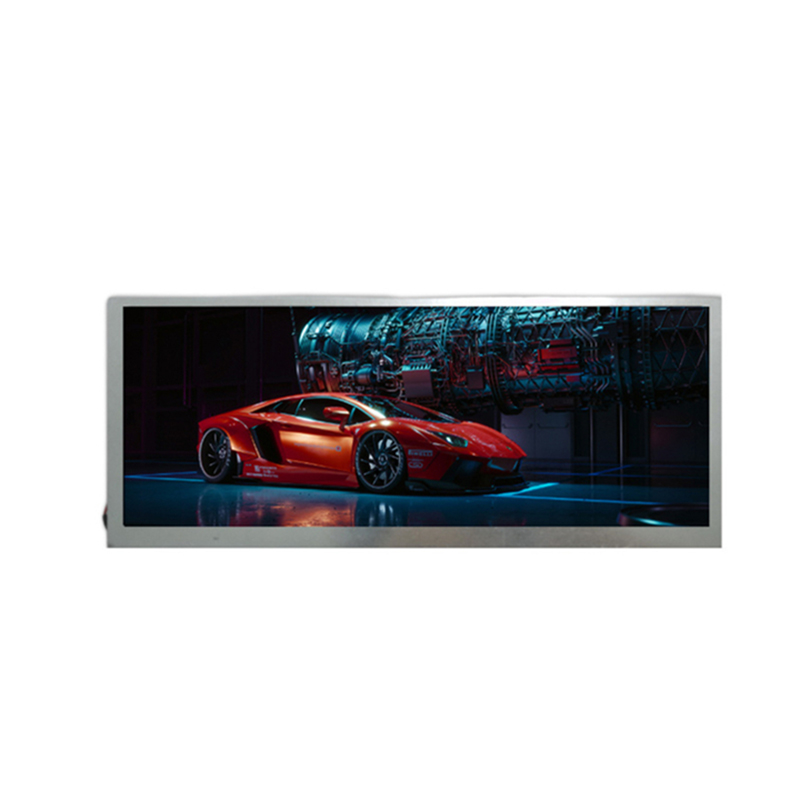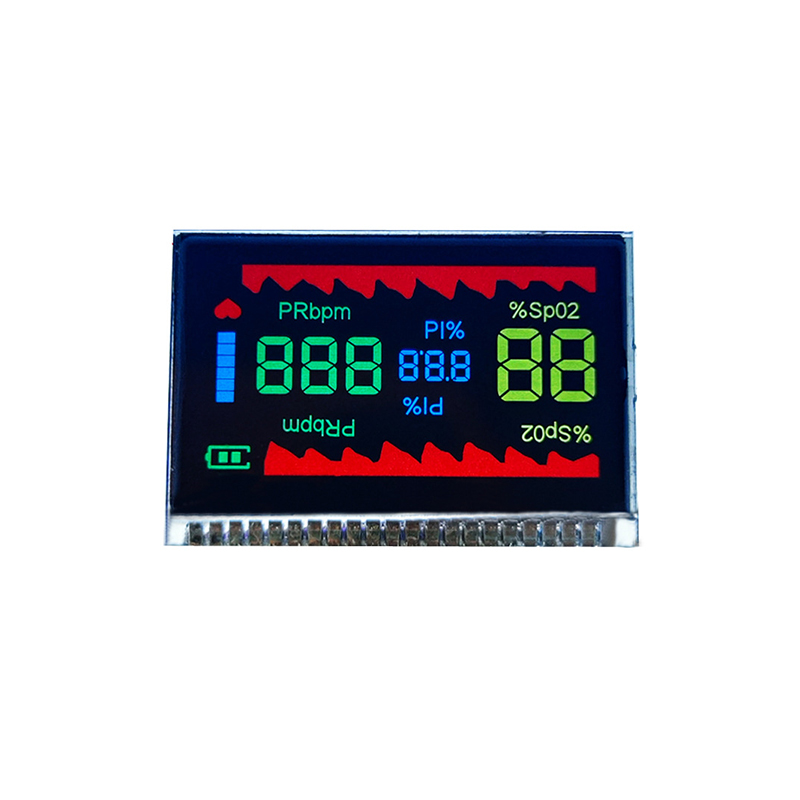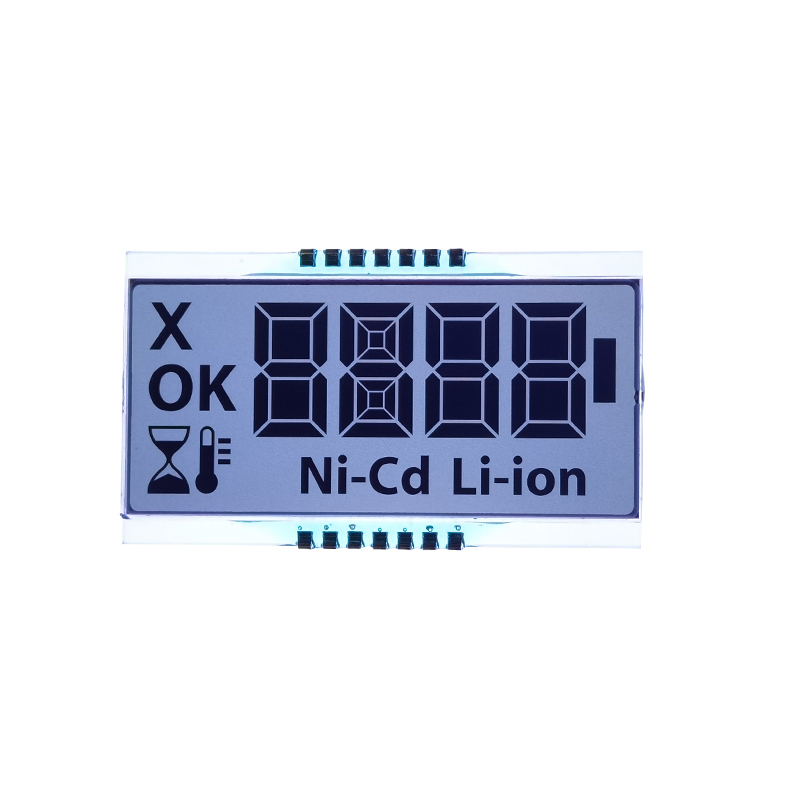
This guide provides an in-depth exploration of 1602 LCD displays, covering their specifications, applications, and considerations for selection. We'll delve into the technical details, practical uses, and help you understand how to choose the right 1602 LCD display product for your needs. Learn about different variations, potential challenges, and best practices for integration.
The HD44780-based 1602 LCD display is a ubiquitous character LCD module. Its popularity stems from its relatively low cost, ease of use, and compact size. Standard specifications include a 16x2 character display (16 characters per line, 2 lines total), with each character typically represented by a 5x8 pixel matrix. While the standard is 16x2, variations exist, some offering increased character count or different character sizes. You can find various versions available from numerous suppliers, including high-quality options from reputable manufacturers like Dalian Eastern Display Co., Ltd. (https://www.ed-lcd.com/). They offer a broad range of 1602 LCD display products with differing specifications to meet diverse needs.
Most 1602 LCD displays utilize a parallel interface, requiring 7 data lines, 3 control lines (RS, RW, E), and a VSS (ground) and VDD (power supply) connection. Understanding these connections is crucial for successful integration into your project. Control involves sending command and data bytes to manipulate the display content. Various microcontrollers, such as Arduino, Raspberry Pi, and others, support easy communication with these displays.
Due to their simplicity and cost-effectiveness, 1602 LCD displays are widely used in numerous applications. They are frequently found in:
Selecting the right 1602 LCD display product depends on factors such as the required character size, backlight color (often blue or white), operating voltage, and the desired interface type. Carefully consider your specific needs to ensure compatibility and optimal performance.
Issues with connecting a 1602 LCD display frequently stem from incorrect wiring or insufficient power. Double-check your connections, ensuring proper voltage and ground connections. Also, verify that the data lines and control lines are correctly connected according to the display's datasheet.
Problems with displaying characters often arise from incorrect initialization commands or errors in the data being sent to the display. Refer to the datasheet for correct initialization sequences. Using a logic analyzer or oscilloscope can help diagnose signal integrity and data transmission issues.
For more detailed information, refer to the datasheets provided by manufacturers of 1602 LCD displays. Many online tutorials and examples demonstrate how to interface these displays with various microcontrollers. Exploring online forums and communities can help you find solutions to specific problems you encounter.
| Model | Backlight | Operating Voltage | Character Size |
|---|---|---|---|
| Model A | White | 5V | 5x8 |
| Model B | Blue | 3.3V | 5x8 |
Note: This table is a placeholder and should be replaced with actual data from manufacturers' datasheets. This information is for illustrative purposes only.
Remember to always consult the official documentation and datasheets for the specific 1602 LCD display product you are using. Safe and successful implementation depends on understanding its individual specifications and operating requirements.

